Table Of Contents
Table of Contents
Sweet potatoes are a common ingredient in casseroles, adored for their flavorful bright color and natural sweetness. But, the method used for preparing sweet potatoes is an important aspect that can make or break your recipe. Is it better to boil or bake sweet potatoes for a casserole? Both methods have their unique advantages and disadvantages, and choosing the right one depends on your particular recipe and the result you want to achieve.
In this post, we’ll discuss the difference between cooking and baking sweet potatoes. This will help you choose the right method to cook your dish. Let’s dig in!
The Nutritional Profile of Sweet Potatoes
Vitamins and Minerals in Sweet Potatoes
Sweet potatoes are an excellent source of nutrients packed in nutrients and minerals that aid in an overall healthy diet. They’re particularly high in Vitamin A which is beneficial for the health of your eyes, and vitamin C, which improves the immune system. In addition, they’re high in potassium aid in maintaining blood pressure, and the fiber in your diet which helps with digestion.
How Cooking Methods Affect Nutrition
The method you cook sweet potatoes will influence their nutritional worth. In particular, boiling can result in some water-soluble vitamins, such as Vitamin C and certain B vitamins, leaking into the water used for cooking. However, baking can help retain these nutrients better prolonged exposure to heat may decrease their levels.
Cooking Methods for Sweet Potatoes
Boiling Sweet Potatoes
Benefits of Boiling
Boiling is among the fastest and easiest methods for cooking sweet potatoes. It requires only an empty pot of water and an oven. Additionally, boiling makes sweet potatoes extremely easy to handle and easy to chop and is perfect for a creamy casserole.
Drawbacks of Boiling
However, boiling does have negatives. The process may reduce the sweetness that comes from sweet potatoes, which could make your dish less appealing. In addition, the additional water content added during the boiling may cause the dish to become too soft or too runny.
Baking Sweet Potatoes
Benefits of Baking
Baking on the other hand is a method of cooking that enhances the natural flavors from sweet potato. The dry baking process creates the natural sugars of sweet potatoes to become caramelized and produce a delicious sweet, sour, and slightly nutty taste. This technique is ideal for casseroles that seek to highlight the sweetness of sweet potatoes.
Drawbacks of Baking
But baking takes longer than boiling. Also, it requires more care to ensure your sweet potato doesn’t become dry. If you’re strapped for time baking may not be the best choice for you.
How Boiling Impacts Casserole Flavor and Texture
Uniformly boiling the sweet potatoes softens them making them easy to mix into a smooth and creamy consistency. This technique is perfect for casseroles that require an enveloping base like those that are topped with marshmallows or whipping cream. Since boiling requires submerging the sweet potatoes into the water, it could diminish their natural flavor.
How Baking Impacts Casserole Flavor and Texture
Baking, however, brings out a strong and sweet taste that boiling can’t create. The process of caramelization during baking can add a distinct flavor that will take the taste of your casserole and make it exceptional. If you’re trying to make a dish that’s delicious and slightly smokey, baking is the ideal option.
If you’re a lover of interesting sides, you would like to learn about innovative twists on mashed potato recipes like those of Rosemary Mashed Potatoes. They aren’t just an excellent choice for flavor, but they can also demonstrate how different ways of cooking can transform standard ingredients into something truly unique.
Comparing Boiling and Baking for Sweet Potato Casseroles
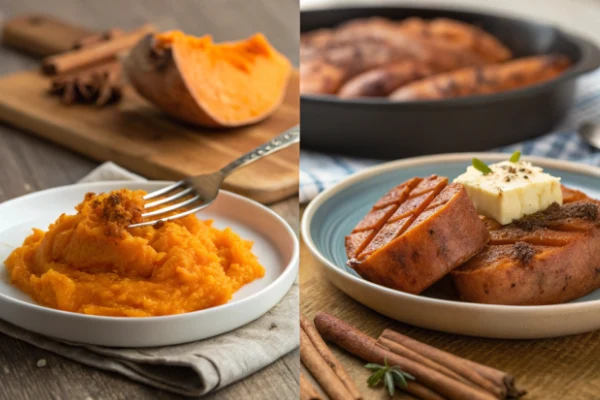
After we’ve gone over the fundamentals of each technique We’ll compare the two methods side-by-side to help you decide.
- Flavor Variations: Baking improves the sweet potato’s natural flavor by caramelizing, whereas boiling gives a more natural taste.
- Textural Outcomes The sweet potatoes cooked in boiling are softer and more soft, while baked sweet potatoes have more firmness and a caramelized layer.
- Ease and time: Boiling is faster and more hands-on. In contrast, baking can take longer, but it lets you cook more in a passive manner.
When to Choose Boiling Over Baking
Boiling is a good option if you’re running out of time and require a smooth rich and rich base for your dish. This method is especially useful in recipes where the sweetness is due to added ingredients like maple syrup or brown sugar. Furthermore, boiling is a great option when you’re looking to blend with sweet potatoes to make a smooth puree to ensure smooth and smooth texture.
When to Choose Baking Over Boiling
However, baking is the most popular method for casseroles in which flavor is the main focus of the dinner. A caramelized flavor of sweet potatoes baked can add a touch of gourmet to your meal. This method is especially suitable for casseroles with a minimum of added sugar since it lets the flavor of sweet potatoes stand out.
Tips for Perfectly Preparing Sweet Potatoes
Sweet potatoes don’t need to be difficult, but a few tricks can to ensure they’re cooked right each time.
- Picking the right sweet potatoes: Look for firm and unblemished sweet potatoes that have smooth skin. Avoid ones with soft spots or bruises.
- Avoid cooking too long: Whether you’re boiling or baking, you must be careful not to overcook sweet potatoes. Cooking them too long can make them to become mushy, or alter their flavor.
- Cutting to ensure consistency: If you’re boiling the sweet potatoes, cut them into equal-sized pieces to ensure they cook at the same speed.
Expert Tips for the Perfect Sweet Potato Casserole
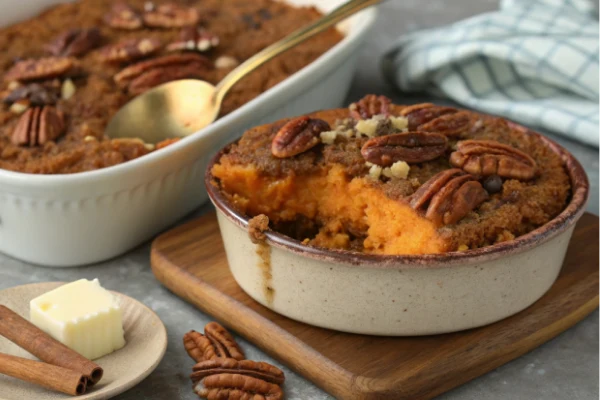
The process of making sweet potatoes is only a small part of the task; the method by which you put it together is also crucial. To create a classic and delicious dish, draw inspiration from traditional recipes such as the Old-fashioned sweet Potato casserole. The traditional recipes blend the flavors and textures perfectly, creating an iconic holiday dish that has stood over time.
- Blend sweetness and Savory Notes Sweet potatoes go well with warm spices such as cinnamon, nutmeg, and ginger. To add a flavor add a dash of cayenne or smoke pepper.
- Include toppings: Classic toppings like pecans, marshmallows, or brown sugar crumble could take your dish to the top tier. If you want to make your casserole healthier you can use oats as well as chopped nuts.
- Layer Flavors The addition of ingredients such as vanilla extract citrus zest or a dash of bourbon may enhance the overall flavor of the dish.
Common Mistakes to Avoid
Even the most experienced cooks make mistakes when cooking Sweet potato dishes. Here are the most common mistakes to look for:
- Doing the Taste Test: Always taste your sweet potatoes before placing them in the dish to ensure they’re cooked properly.
- Sweet Potatoes that are overcooked: Whether boiling or baking, sweet potatoes that have been overcooked may be ruined in texture and taste.
- Not properly prepping: Failing to peel or uniformly cut sweet potatoes can cause unbalanced cooking.
Conclusion
So do you prefer to simmer or roast sweet potatoes to make the purpose of making a casserole? The answer is contingent on the kind of casserole you’re creating and the flavors you’d like to highlight. If you’re looking for smooth texture and easy preparation boiling is the best method to follow. However, If you’re looking for a flavor of caramelized richness that is distinctive baking is the best option.
Both techniques have merits, and testing them will allow you to determine which is the best option to suit your cooking needs and taste preferences. Whether you bake or boil it, you’ll surely create a sweet potato dish that will please your family and your friends.
FAQs
Do I have to use a mix of boiling and cooked sweet potato in one dish?
Yes! Combining both techniques can provide you with the most delicious of both the creamy base and the caramelized flavors of smaller pockets.
How can I stop baking sweet potatoes that are baked from drying out?
Covering the sweet potatoes with foil before baking helps to retain their moisture.
Should I peel sweet potatoes before making them into a casserole or in the oven?
Peeling is not required. While cooking the skin can slide off following cooking. When baking the cake, the peel can help retain moisture but is easily removed later.
What’s the most efficient way to blend sweet potatoes for an easy casserole?
Use a potato masher, or an electric mixer to achieve an even consistency. If you like a more chunky texture, you can mash it by hand using forks.
Can I freeze sweet potato casserole?
Yes! It is possible to freeze the dish (before including additional toppings) in the range of 2 months. Thaw in the fridge before warming.
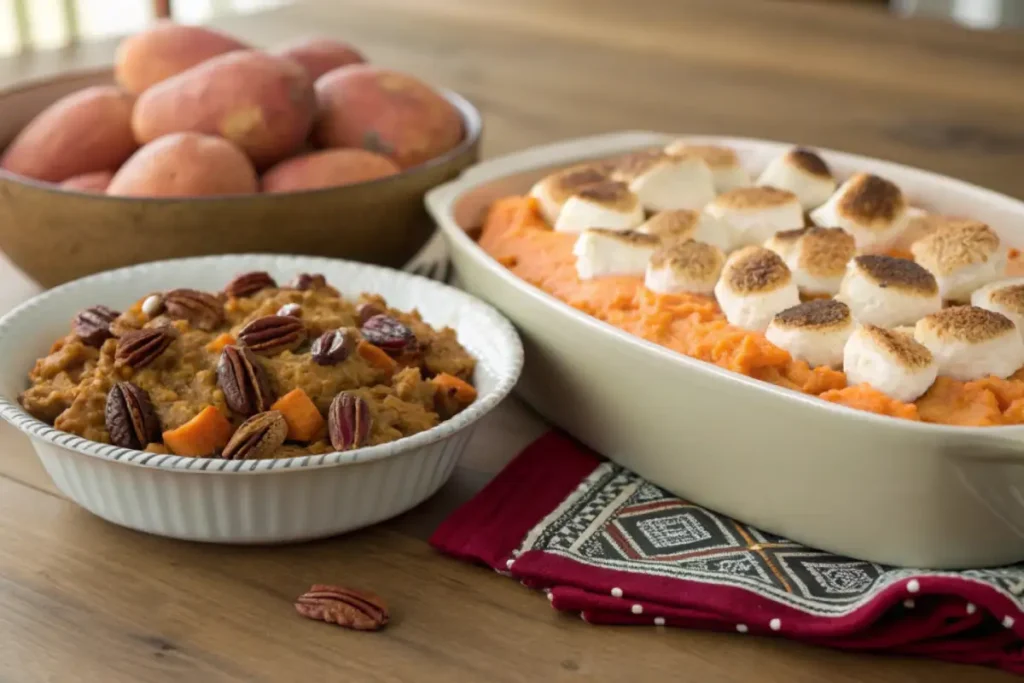
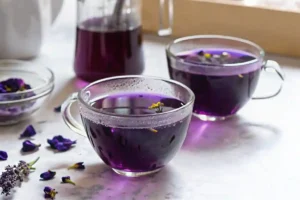
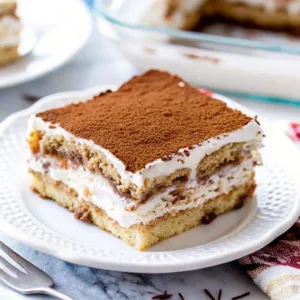
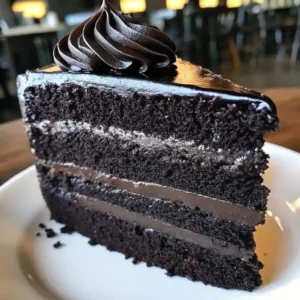
1 thought on “Is It Better to Boil or Bake Sweet Potatoes for a Casserole?”